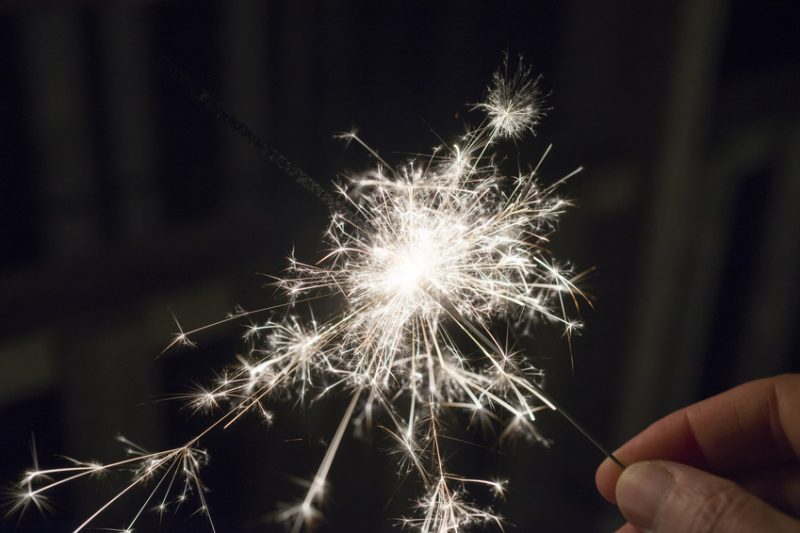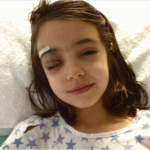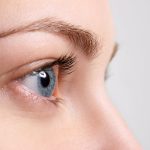Nineteen percent of fireworks-related injuries occur to the head, face and ears, and another 19 percent occur to the eyes. For a safe and happy July 4th holiday, take steps to prevent these common injuries.
With July 4th just around the corner, many people may want to celebrate independence with at-home fireworks.
But is it worth the risk of injury? Specialists at Mass. Eye and Ear say “no,” urging revelers to leave fireworks to the professionals, since home pyrotechnics can lead to fatal accidents.
According to a 2014 report from the U.S. Consumer Product Safety Commission, 11 people lost their lives in fireworks-related accidents, and more than 7,000 people were treated in U.S. hospital emergency departments for injuries related to fireworks between June 20 and July 20, 2014. Nineteen percent of those injuries occurred to the head, face and ears, and another 19 percent of the total were sustained to the eyes.

Protecting the eyes, ears, head and neck
In addition to potential burns and lacerations, fireworks can cause hearing damage as well. To safely experience a display, make sure you aren’t too close to where they’re set off, and consider wearing ear plugs or decibel-lowering earmuffs to minimize the risk of hearing loss (and, don’t forget that children need hearing protection as well).
If an eye injury does occur:
- Do not try to remove any protruding objects from the eye.
- Flush the eye with water to remove any particles that are present.
- Cover the eye loosely and seek immediate medical attention.
There are many professional – and free – shows lighting up the night sky this Independence Day. Mass. Eye and Ear encourages you to take advantage of those displays, and we wish you a safe celebration!
For more information, view the CPSC infographic on fireworks injuries.



